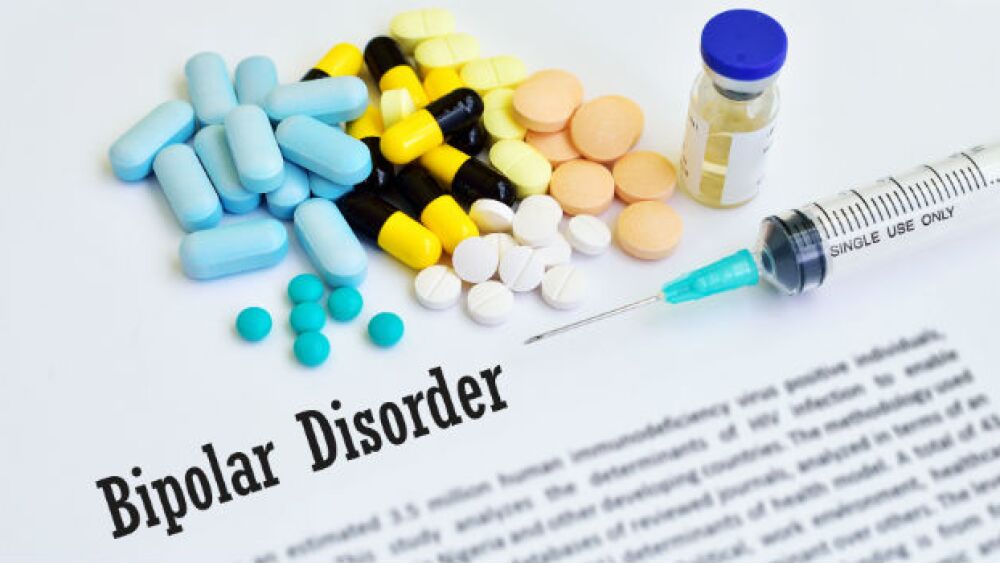There is a newly approved treatment for pediatric patients with major depressing episodes associated with bipolar disorder.
There is a newly approved treatment for pediatric patients with major depressing episodes associated with bipolar disorder. On Tuesday the U.S. Food and Drug Administration approved the expanded use of the anti-psychotic drug Latuda (lurasidone HCI) for the new indication.
The FDA approved a supplemental New Drug Application filed by Marlborough, Mass.-based Sunovion Pharmaceuticals Inc. for the expanded use of Latuda, the company announced Tuesday. The antipsychotic drug’s new indication allows prescribers to use it for the treatment of major depressive episode associated with bipolar I disorder (bipolar depression) in pediatric patients (10 to 17 years of age). The sNDA expands the use of Latuda, which has already been approved by the FDA as a monotherapy treatment for adults with depressive episodes associated with bipolar depression and for the treatment of adolescents and adults with schizophrenia.
David Frawley, Sunovion’s chief commercial officer, hailed the FDA’s approval as an “important milestone for the mental health community.” He said the patients who will be served by the new indication for Latuda have limited approved treatment options.
“We are proud to build on the strong foundation of Latuda for adults with bipolar depression and to now be able to offer this medicine as a treatment option for pediatric patients living with this devastating condition,” Frawley said in a statement.
The FDA based its approval on data from a Phase III study of children and adolescents (10 to 17 years of age) with bipolar depression. According to the data patients dosed with Latuda saw a statistically significant and clinically meaningful improvement in bipolar depression symptoms at six weeks compared to placebo. The treatment was generally well-tolerated.
Bipolar disorder, a chronic mental health condition, can impact people of all ages. It is characterized by potentially debilitating severe mood swings that can include periods of depression and mania. In the United States, approximately 12.6 million people are affected by bipolar disorder. Of those, about 50 to 66 percent of adults with bipolar disorder experience their first symptoms before the age of 18. In its announcement, Sunovion said about 1.7 percent of the pediatric population in the United States is affected by bipolar disorder, but added that it could be higher due to diagnosis difficulties.
“Bipolar disorder is a leading cause of disease burden in the pediatric population both here in the U.S. and across the globe, but unfortunately, few treatments are effective in treating young people living with the condition,” said Robert Findling, the director of Child and Adolescent Psychiatry at the Johns Hopkins University School of Medicine. “We know that children who have been diagnosed with bipolar depression can be at risk for poor school performance and impairments in social functioning. The FDA approval of this medicine for the treatment of pediatric patients with bipolar depression is significant for several reasons. First, it is a new treatment option for this vulnerable group of young people. Also, it is the first single-agent formulation to receive regulatory approval for this pediatric indication.”





